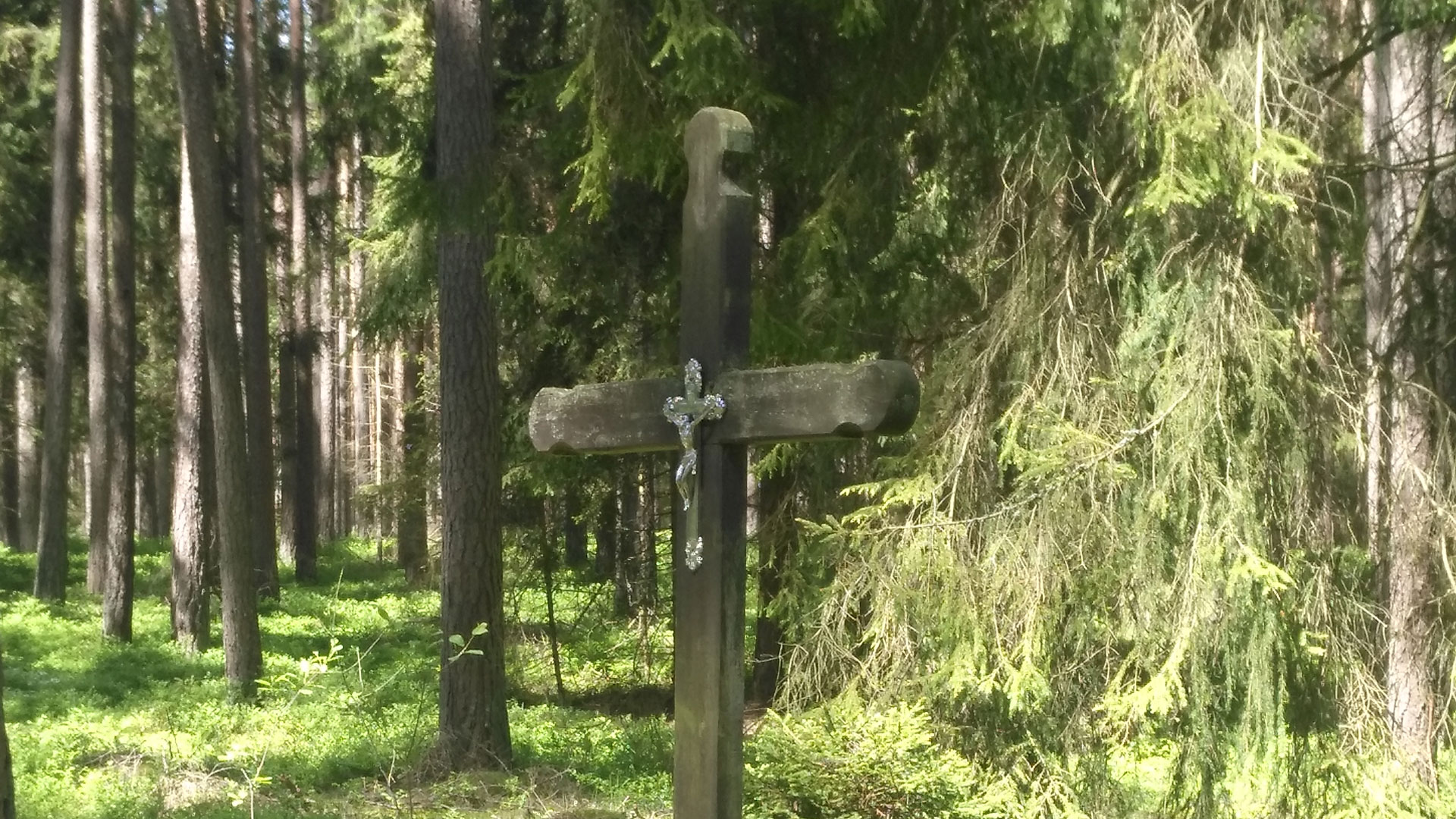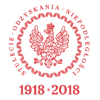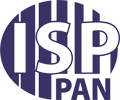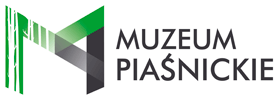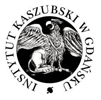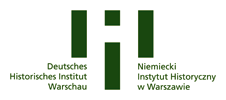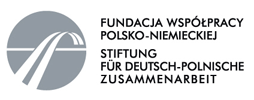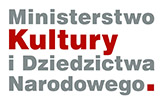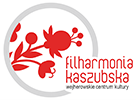Under the National Patronage of the President of the Republic of Poland Andrzej Duda for the centennial of regaining of Polish Independence
Organisational institutions
- The Foundation for Polish-German Cooperation
- The German Historical Institute in Warsaw
- The Institute of Political Studies of the Polish Academy of Sciences (project management)
- The Kashub Institute
- The Piaśnica Museum in Wejherowo, branch of the Stutthof Museum in Sztutowo, the Nazi German concentration and extermination camp (1939-1945)
Scientific Committee
Professor Bogdan Chrzanowski (The Stutthof Museum)
Professor Wanda Jarząbek (The Institute of Political Studies of the Polish Academy of Sciences)
Professor Piotr Madajczyk (The Institute of Political Studies of the Polish Academy of Sciences)
Professor Cezary Obracht-Prondzyński (The Kashub Institute)
Teresa Patsidis, Deputy Director of the Stutthof Museum for the Piaśnica Museum in Wejherowo
Professor Miloš Řeznik (The German Historical Institute in Warsaw)

Conference concept
The conference consists of two closely related parts. The subject of the first one will be a general reflection on the methods of waging World War II and the occupation policy of Nazi Germany. We will look at new activities carried out at the back of the front (SS-Einsatzgruppen, Volksdeutscher Selbstschutz and the use of sabotage by the Soviet authorities). Then, the occupational systems and population policy of Nazi Germany will be analysed from a comparative perspective.
The second part will be devoted to the first months of the occupation, especially of Pomerania after it had been annexed to the Reich (September-December 1939). It will start with a general reflection on the principles of German occupation policy, the number of casualties and the attitudes of the population. Finally, places of mass murders in Pomerania will be presented based on the latest research. The complicated national context in these areas and the specific methods of exterminating the mentally ill ( eugenics) will also be considered.
The conference will also provide a good opportunity to present the emerging Piaśnica Museum and its achievements to date (films, publications, scientific activity). It will also be the basis for a comprehensive publication.


